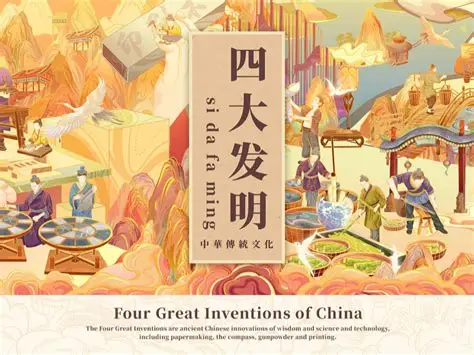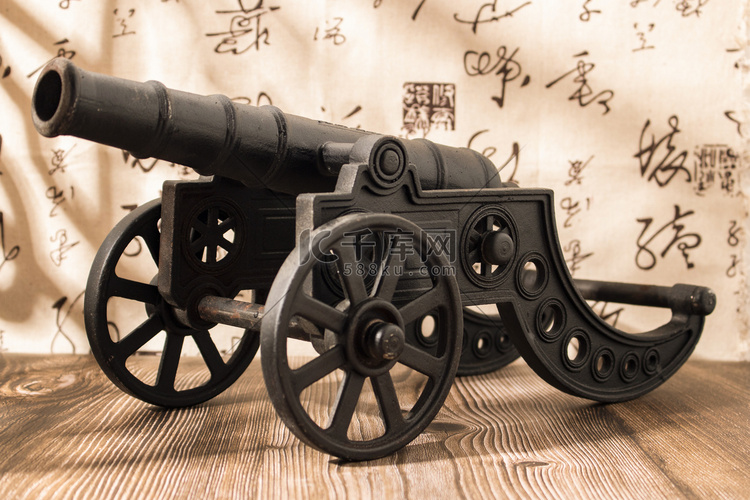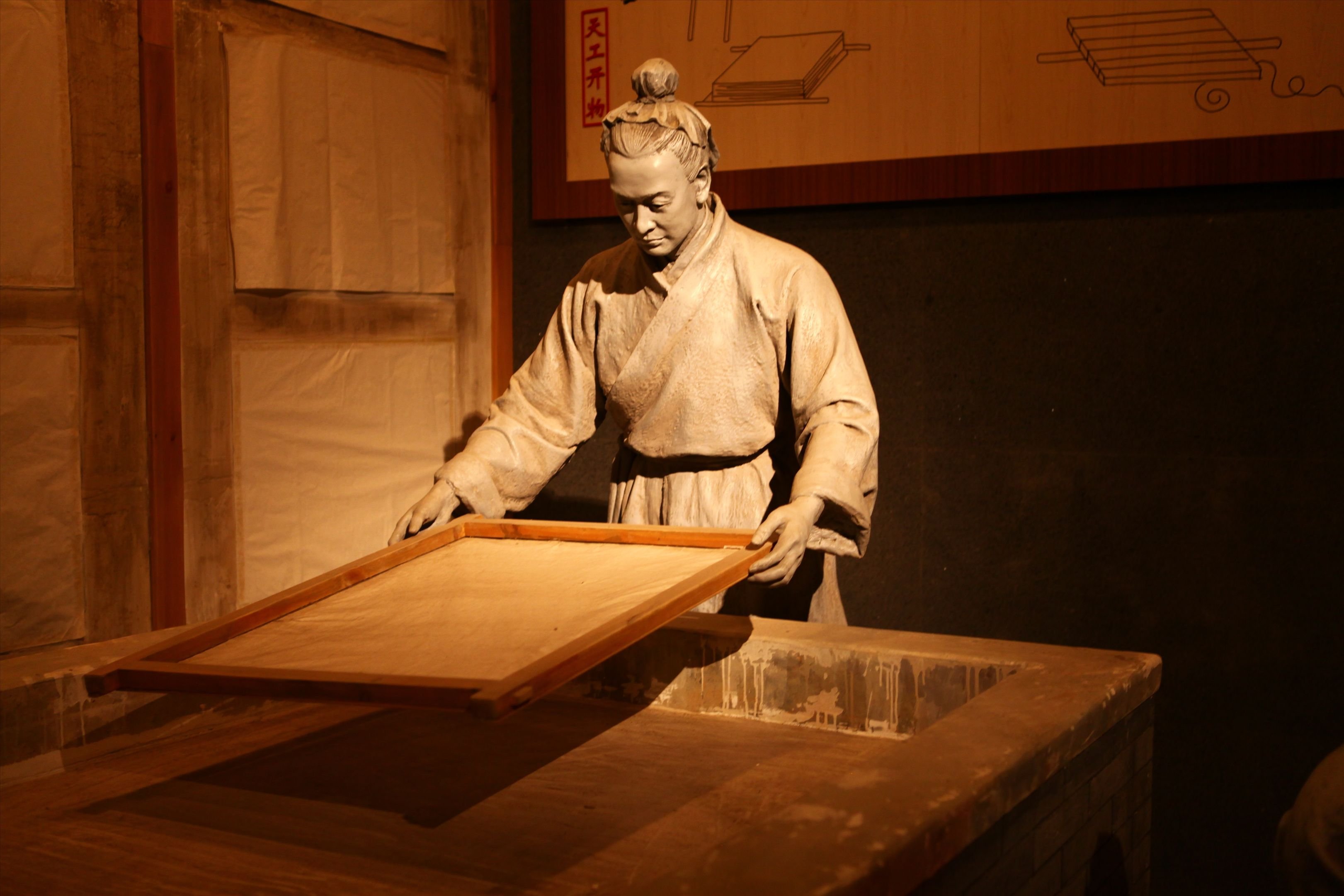The Four Great Inventions of Ancient China

The Four Great Inventions of Ancient China
Welcome to Scinorhythm Classroom! This article, exclusively published by ScinoRhythm, is about The Four Great Inventions of Ancient China. It's relatively easy and suitable for beginners learning Chinese. If you enjoy ScinoRhythm's courses, feel free to subscribe to our private tutoring sessions and enjoy various discounts.#Chinese learning #Mandarin language learning #Affordable online Chinese courses #Mandarin native teacher #papermaking #ancient china #The Four Great Inventions of Ancient China #Gunpowder #printing #the compass
China’s history is filled with amazing innovations, and the "Four Great Inventions"—papermaking, printing, gunpowder, and the compass—are among the most important. These creations changed how people live, learn, and explore the world. Let’s explore each one and see why they matter even today!
1. Papermaking (造纸术 Zàozhǐshù)
Before paper(纸 zhǐ), people wrote on heavy bamboo strips or expensive silk. In 105 CE, a man named Cai Lun(蔡伦 Cài Lún) improved papermaking. He mixed tree bark, old cloth, and bamboo to make a soft, thin material we now call paper. This invention made writing easy and cheap. Today, we still use paper to read books and take notes!
With paper, people needed a faster way to make books. First, there was woodblock printing, where workers carved words into wood. But in the 11th century,Bi Sheng(毕昇 Bì Shēng) invented movable type. He made small clay letters that could be reused to print different books. This made knowledge(知识 zhīshi) spread quickly—just like how we share information online today!
3. Gunpowder (火药 Huǒyào)
Gunpowder was invented by accident! In ancient China, people called alchemists mixed sulfur, saltpeter, and charcoal. The mixture exploded, creating gunpowder. At first, it was used for fireworks(烟花 yānhuā) in festivals. Later, it was used in weapons and tools for building roads and mines.

4. The Compass (指南针 Zhǐnánzhēn)
Long ago, travelers used the sun or stars to find direction. But the Chinese discovered that a magnetic stone always points south. They made the first compass, called a "south-pointing spoon." Later, compasses helped ships sail far across the ocean(海洋 hǎiyáng), opening up trade between countries.
Why These Inventions Are Important
The Four Great Inventions show how Chinese people used creativity to solve problems. They helped spread ideas, connect cultures, and build the modern world. Even today, we can see their influence in our daily lives!
Key Chinese Vocabulary (生词表 Shēngcíbiǎo)
发明 (fāmíng)– invention (something new made by people). Example: Paper is a great invention. (纸是一项伟大的发明。Zhǐ shì yí xiàng wěidà de fāmíng.)
古代 (gǔdài)– ancient (a time long, long ago). Example: We learn about ancient China in class. (我们在课堂上学习古代中国。Wǒmen zài kètáng shàng xuéxí gǔdài Zhōngguó.)
中国 (Zhōngguó)– China (a country in East Asia). Example: I want to visit China. (我想去中国。Wǒ xiǎng qù Zhōngguó.)
纸 (zhǐ)– paper (thin material for writing). Example: Please give me a piece of paper. (请给我一张纸。Qǐng gěi wǒ yì zhāng zhǐ.)
印刷 (yìnshuā)– printing (making copies of words or pictures). Example: This machine is for printing books. (这台机器是用来印刷书的。Zhè tái jīqì shì yòng lái yìnshuā shū de.)
火药 (huǒyào)– gunpowder (a powder that can explode). Example: Fireworks use gunpowder. (烟花使用火药。Yānhuā shǐyòng huǒyào.)
指南针 (zhǐnánzhēn)– compass (a tool to find direction). Example: The compass points north. (指南针指向北方。Zhǐnánzhēn zhǐxiàng běifāng.)
知识 (zhīshi)– knowledge (what we learn). Example: Reading gives us knowledge. (阅读给我们知识。Yuèdú gěi wǒmen zhīshi.)
传播 (chuánbō)– spread (to share with many people). Example: News spreads quickly on the internet. (新闻在互联网上传播很快。Xīnwén zài hùliánwǎng shàng chuánbō hěn kuài.)
书 (shū)– book (a thing with pages to read). Example: I read a book every night. (我每晚读一本书。Wǒ měi wǎn dú yì běn shū.)
海洋 (hǎiyáng)– ocean (a large area of water). Example: Ships sail on the ocean. (船在海洋上航行。Chuán zài hǎiyáng shàng hángxíng.)
Practice these words and sentences to talk about China’s amazing history!

